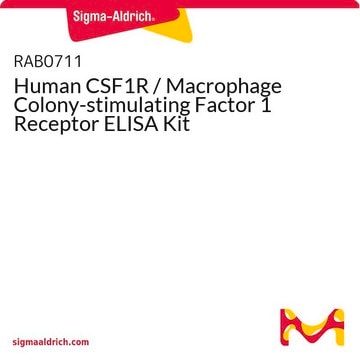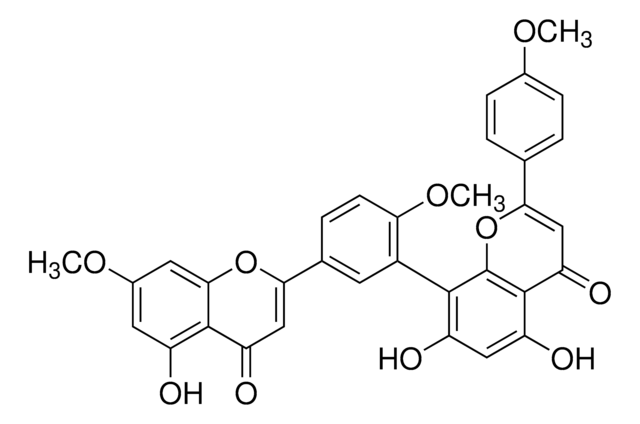Recommended Products
grade
for molecular biology
form
buffered aqueous glycerol solution
concentration
≥5000 units/mL
5,000 units/mL
shipped in
wet ice
storage temp.
−20°C
Looking for similar products? Visit Product Comparison Guide
Specificity
Recognition sequence: 5′-CGAT/CG-3′
Cutting results: A 2-10-fold Pvu I overdigestion of 1 μg λ DNA substrate results in 100% cutting.
Heat inactivation: Inactivated at 80 °C for 20 minutes.
Cutting results: A 2-10-fold Pvu I overdigestion of 1 μg λ DNA substrate results in 100% cutting.
Heat inactivation: Inactivated at 80 °C for 20 minutes.
Application
PvuI is a restriction endonuclease that is used for molecular biological applications to cleave DNA at the recognition sequence 5′-CGAT/CG-3′ to generate fragments with 3′-cohesive termini.
Other Notes
Supplied with 10x Restriction Enzyme Buffer SH (B3657).
Physical form
Solution in 20 mM Tris-HCl, pH 7.5, 1 mM EDTA, 300 mM KCl, 1 mM dithioerythritol, 50% glycerol (v/v), 0.05% polydocanol (v/v) at 4 °C.
Related product
Storage Class
12 - Non Combustible Liquids
wgk_germany
WGK 1
flash_point_f
Not applicable
flash_point_c
Not applicable
Certificates of Analysis (COA)
Search for Certificates of Analysis (COA) by entering the products Lot/Batch Number. Lot and Batch Numbers can be found on a product’s label following the words ‘Lot’ or ‘Batch’.
Already Own This Product?
Find documentation for the products that you have recently purchased in the Document Library.
T R Gingeras et al.
Nucleic acids research, 9(18), 4525-4536 (1981-09-25)
Two novel sequence-specific endonucleases have been isolated from Proteus vulgaris, ATCC 13315. PvuI recognizes the sequence: 5' C G A T decrease C G 3' 3' G C increase T A G C 5' and PvuII recognizes the sequence: 5'
Sanbing Shen et al.
The Journal of neuroscience : the official journal of the Society for Neuroscience, 28(43), 10893-10904 (2008-10-24)
Disrupted-in-Schizophrenia-1 (DISC1), identified by positional cloning of a balanced translocation (1;11) with the breakpoint in intron 8 of a large Scottish pedigree, is associated with a range of neuropsychiatric disorders including schizophrenia. To model this mutation in mice, we have
E Bonnelye et al.
The Journal of cell biology, 153(5), 971-984 (2001-05-31)
The orphan nuclear estrogen receptor-related receptor alpha (ERRalpha), is expressed by many cell types, but is very highly expressed by osteoblastic cells in which it transactivates at least one osteoblast-associated gene, osteopontin. To study the putative involvement of ERRalpha in
Saqib H Ansari et al.
Journal of pediatric hematology/oncology, 35(4), e153-e156 (2013-02-08)
β-thalassemia is characterized by impaired β-chain synthesis leading to ineffective erythropoiesis, severe anemia, and a need for blood transfusion. Presence of Xmn I polymorphism (-158 C-T nucleotide change) in γ-globin gene is associated with a higher fetal hemoglobin and a
Jaroslav Jelinek et al.
Epigenetics, 7(12), 1368-1378 (2012-10-19)
Genome wide analysis of DNA methylation provides important information in a variety of diseases, including cancer. Here, we describe a simple method, Digital Restriction Enzyme Analysis of Methylation (DREAM), based on next generation sequencing analysis of methylation-specific signatures created by
Our team of scientists has experience in all areas of research including Life Science, Material Science, Chemical Synthesis, Chromatography, Analytical and many others.
Contact Technical Service




